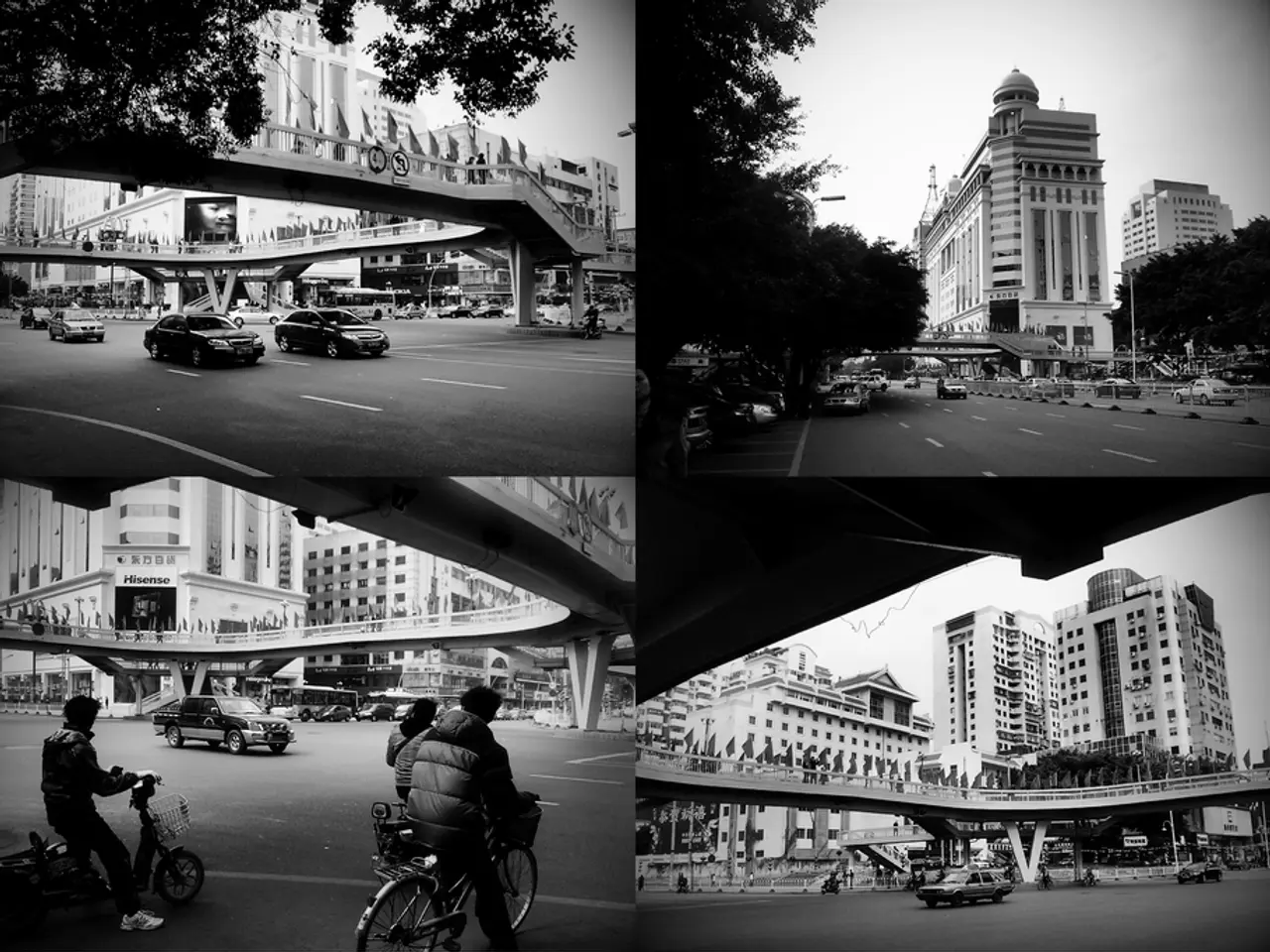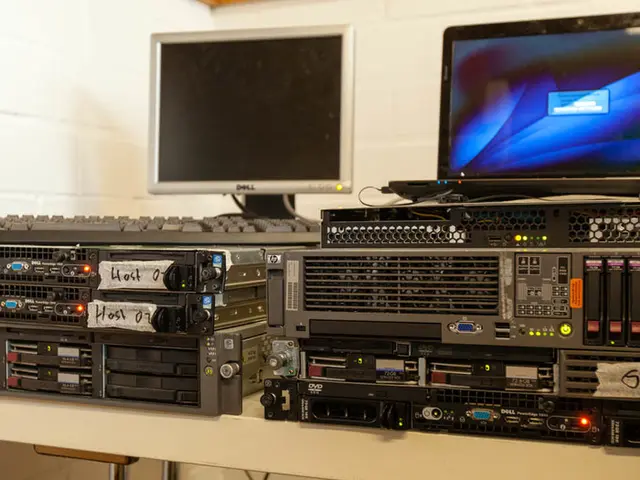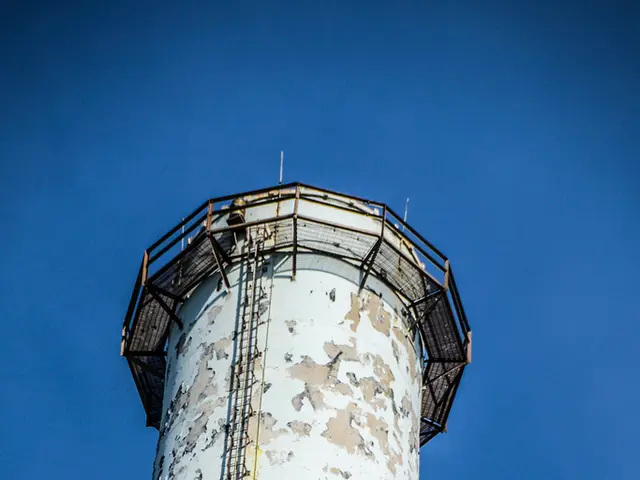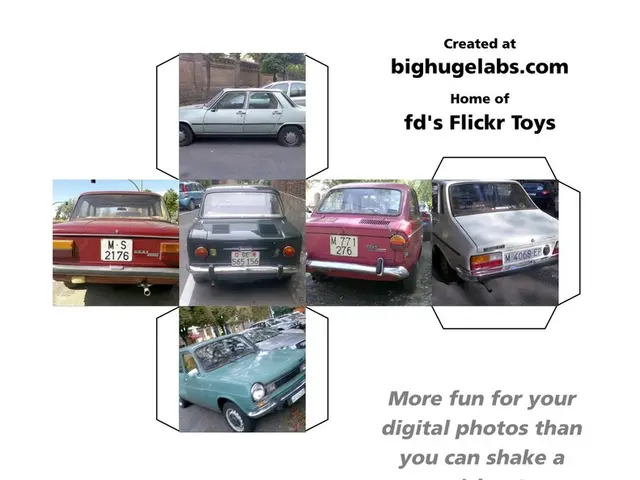Is Tesla experiencing a downfall due to a lack of penetration in the Chinese market?
In the rapidly evolving Chinese EV market, Tesla appears to be struggling to keep pace. The American electric vehicle (EV) giant seems to have missed the mark in understanding the market's progress, continuing to employ its traditional development logic in a rapidly changing landscape.
This misstep has had visible consequences. In April 2024, Tesla's wholesale EV sales in China dropped by 18% year-on-year and 30.2% month-on-month, amounting to 62,200 units. This decline is attributed to intense competition from local brands like Xiaomi, IM, Zeekr, Xpeng, Li Auto, and Nio's second brand, Alps, which are challenging Tesla's sales of the Model Y and Model 3.
Elon Musk, Tesla's CEO, announced a global layoff of at least 10% of Tesla's workforce on April 15. This decision has had a significant impact on Tesla's suppliers, with some experiencing a 40% reduction in orders. A Tesla employee estimated that the actual layoff ratio might be higher, with 20% in China and 15% in North America.
The layoffs have also affected Tesla's operations in China. Some R&D and design work have started shifting back to North America, such as the battery development project in cooperation with CATL. There seems to be a growing distance between Tesla China and its headquarters, with many permissions for R&D and design work being revoked after the layoffs.
The Chinese factory, which contributes half of Tesla's production capacity, has seen a decline in sales. In April 2024, Tesla sold 26,400 Model Ys and only 5,065 Model 3s domestically. This is a stark contrast to the same period in 2023, where sales were significantly higher.
The decline in sales in China is not isolated. Tesla's sales in Europe and the US have also decreased by 4.7% and 13.3% year-on-year, respectively, in Q1 2024.
Amidst these challenges, Tesla is focusing on AI and autonomous driving technology. The company plans to spend around USD 10 billion this year in combined training and inference AI, primarily for cars. Tesla is also preparing for competition with Nio's second brand, Alps, which is targeting for its new product, set to be launched in the second half of 2024, to be 10% cheaper than the Model Y.
The changes at Tesla have not gone unnoticed. In April 2023, Tom Zhu took over the role of President of Greater China at Tesla and was subsequently stationed in the United States to oversee Tesla's global production, sales, and deliveries. He was later promoted to senior vice president of Tesla's automotive business and became the second most powerful person after Elon Musk, managing global manufacturing and Asian sales.
Despite the challenges, Tesla's localization rate of parts in its Gigafactory Shanghai has exceeded 95%, demonstrating the company's commitment to the Chinese market. However, it remains to be seen how Tesla will navigate these turbulent waters and regain its footing in the Chinese EV market.
Read also:
- Benadryl: Impact on Pregnancy, Breastfeeding, and Beyond
- Company manufacturing Plumpy'Nut is thrilled beyond belief!
- Enhancements to Networking in Senior Care, Fedding Positive Experiences for Service Providers and Elderly Residents
- Ileostomy stool caracteristics: What's normal after undergoing an ileostomy?








